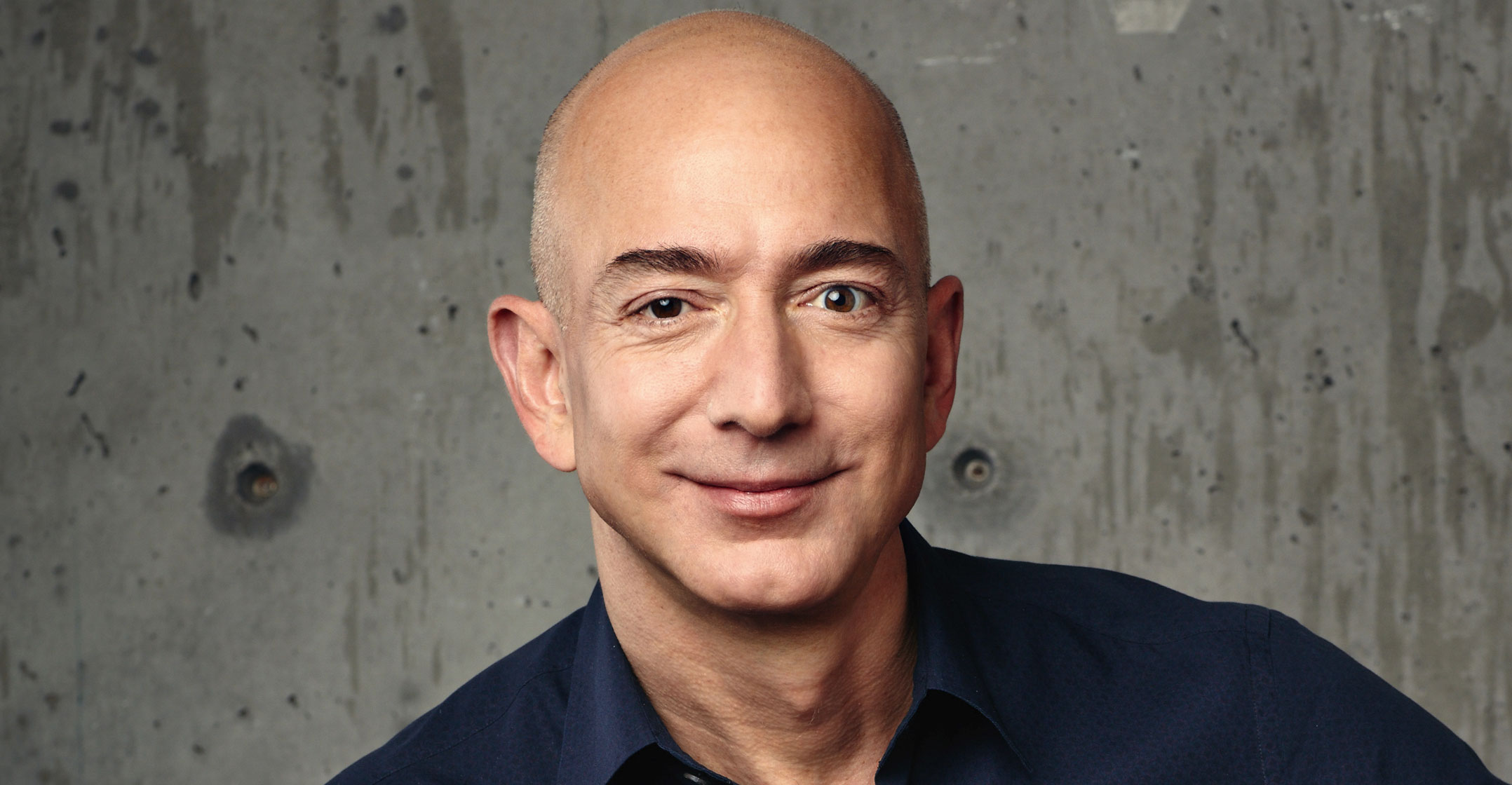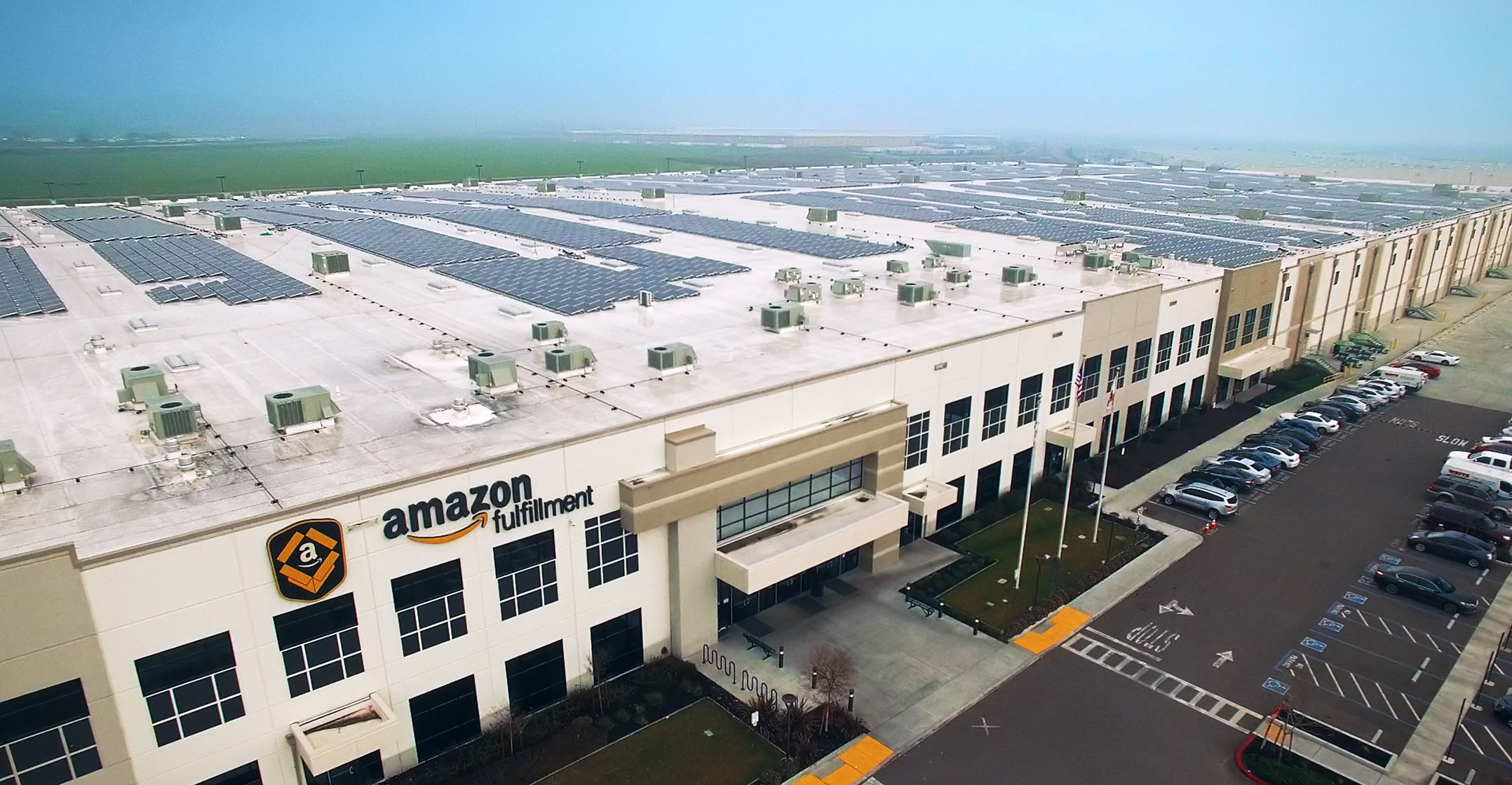
Moody’s Investor’s Service released a very interesting report on Amazon.com this week. It was distinctly different from the usual Wall Street research, which tends to be glowing about anything related to the company’s founder and CEO, Jeff Bezos. I am a fan of his work and company, so in order to check myself, I seek out opposite perspectives when I can find them.
Indeed, anytime I see a report on a widely covered stock that is somewhat contrarian, it catches my attention. Of the 46 analysts who cover Amazon stock, there is one “sell”, five “holds” and the rest are “buy”, according to data compiled by Bloomberg.
So when Moody’s research arrived with the title “The online giant is still a long distance from ruling retail”, I had to read it. This is just the sort of work that any Bezos fanboy needs to digest to keep a balanced perspective.
My usual caveats apply: I am a big consumer of Amazon and its products — Prime, Alexa, Kindle and Amazon Video; I don’t own the stock, nor do my clients. Many of us might wish we did, although most of us wouldn’t have the stomach for its wild ups and downs.
Moody’s contrarian view is especially notable because it makes the intriguing argument that Amazon, while it may be an online juggernaut, is actually the weakest of the large US retailers. Although the Seattle-based company does capture about half of all online retail sales, that’s a tiny share of all retail sales; about 90% of all sales are made offline.
It makes you think about why Amazon is so dominant online and whether it is deserved. There is a continuum of possibilities. At one end, Amazon is the greatest thing to hit retail since the credit card; on the other, it is just another flash in the pan, a Sears of the future just waiting to competed away to near nothingness.
Which narrative?
Where you fall on that spectrum is going to be a function of the narrative you tell yourself about the future. Amazon is the unstoppable conglomerate, breaking into new markets, disrupting everything in its path as Apple did before it. It has the market equivalent of a giant moat around it and no one can ever breach it. Or, alternatively, retailers will eventually figure out how to compete with Amazon, with the result that the company will be merely successful but not dominant. Hanging over this debate is whether Amazon’s rise draws the antitrust attention of the US government, which decides that we’re better off with breaking it up.
When investors consider fundamental data, they are looking at a snapshot of the moment. Earnings reports, sales data, revenue and so on are historical. The challenge is to think about these things in terms not of that single picture, but like a video — a series of images that combine to make a fluid movie.

Assuming we can agree on common facts, the next step involves projecting forward from what we know now to what we imagine might be in the future. When it comes to Amazon, that moving image begins with a small online bookseller. The 1997 manifesto written by its founder and sent to shareholders that year (and updated every year) is notable not only for its consistent vision, but for how many others of the same era have faded away. Do you recall the search engines AltaVista, Hotbot or Ask Jeeves? (I barely do.) Big outfits like Yahoo, AOL, Excite, Lycos, Netscape and many others have all slipped into irrelevancy or are historical footnotes at best. That peer group makes Amazon’s present success even more striking.
What that projection forward looks like is a function of how well the company executes, and how true it stays to the original vision. We obviously cannot know how well it will do that; we can only guess.
Investing is about making probabilistic decisions with imperfect information about an unknowable future. How we think about that future, and whether our assumptions, extrapolations and projections are remotely accurate determines our investment success or failure. — Column by Barry Ritholtz, (c) 2017 Bloomberg LP
- Barry Ritholtz founded Ritholtz Wealth Management and was CEO and director of equity research at FusionIQ, a quantitative research firm

